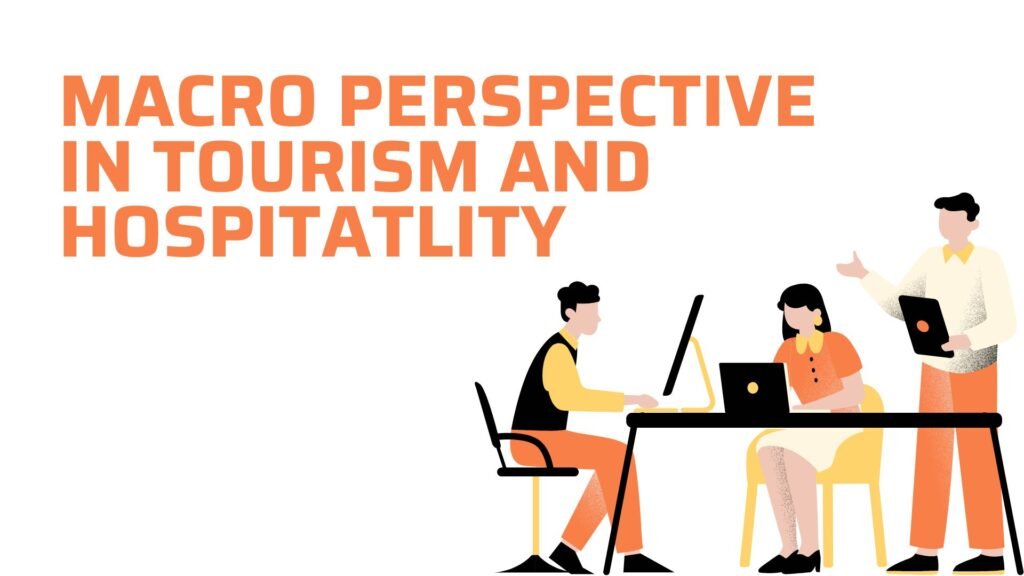
Course Description: This course explores the intricate relationship between entrepreneurship, small and medium-sized enterprises (SMEs), and the tourism and hospitality industry. It examines how this relationship contributes to local economic development and identifies the key elements that link entrepreneurship with tourism. The course also focuses on the essential components necessary for SMEs to enhance their competitiveness, improve efficiency, and boost business activity in the current economic landscape.

Course Description: The tourism and hospitality industry operates within a comprehensive domestic, and international, legal and regulatory framework. This course examines this framework and covers the key principles of law applicable to hospitality, tourism and related industries. Various legislation on business organization and several international law issues such as consumer protection, product and service liability, employment and law access to the natural environment will be covered.

Course Description: This course explores the macroeconomic, social, and global dimensions of the tourism and hospitality industries. Students will examine key topics such as sustainability, globalization, technology, and crisis management, while gaining insights into cultural diversity, ethical considerations, and industry policies. Emphasizing strategic planning and innovation, the course equips students with the skills to analyze and address real-world challenges, culminating in the development of actionable solutions that integrate learned concepts for a dynamic and evolving industry.

Course Description: This course explores the critical principles and practices of strategic management and quality assurance in the tourism and hospitality industry. Students will learn to develop and implement strategic frameworks, manage quality standards, and leverage tools such as Six Sigma, Lean Management, and ISO certifications to enhance operational efficiency and guest satisfaction. The course emphasizes sustainability, innovation, and ethical leadership, equipping students with the skills to integrate digital technologies, manage risks, and foster inclusive organizational cultures.